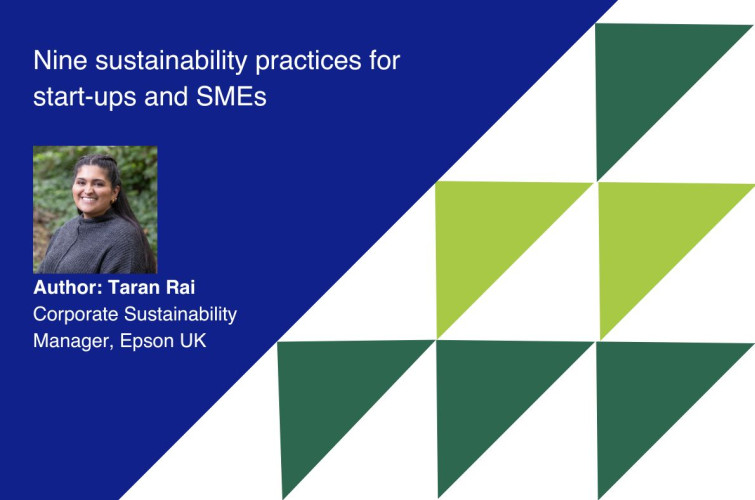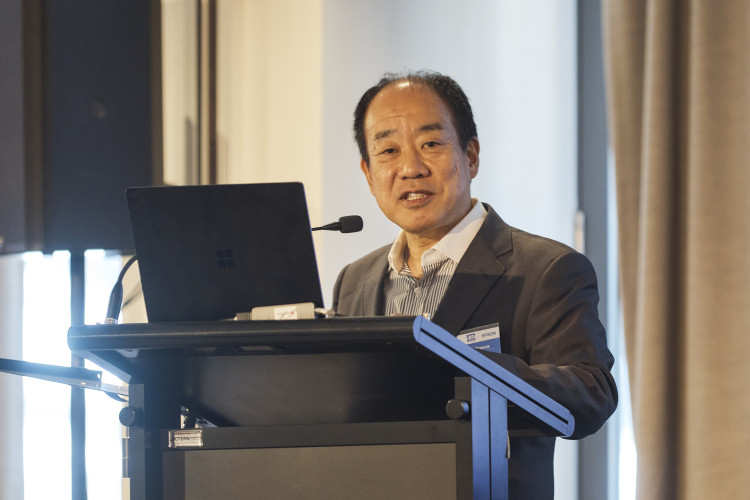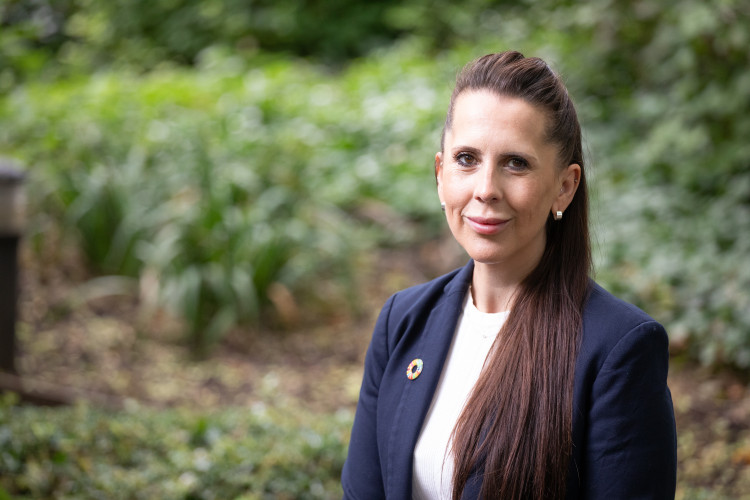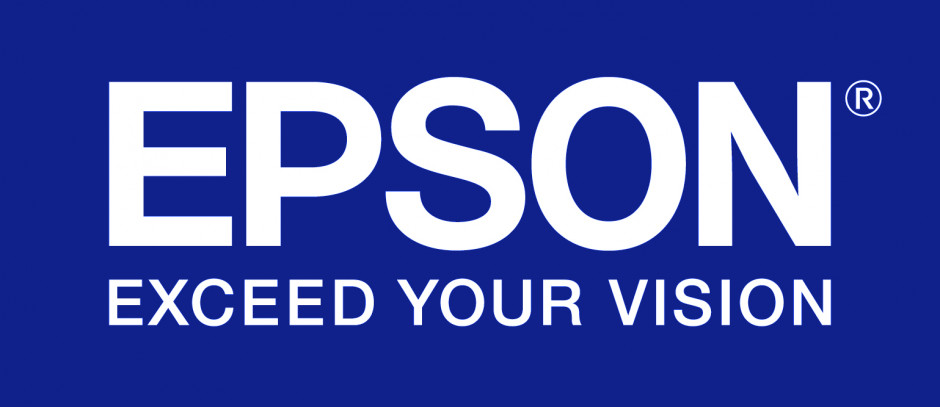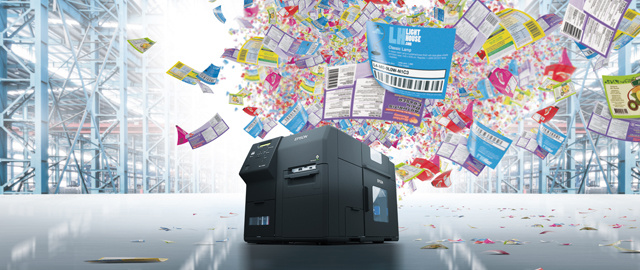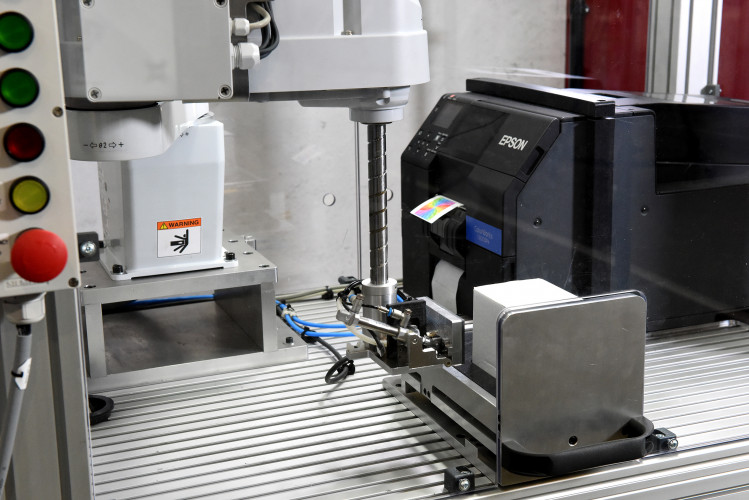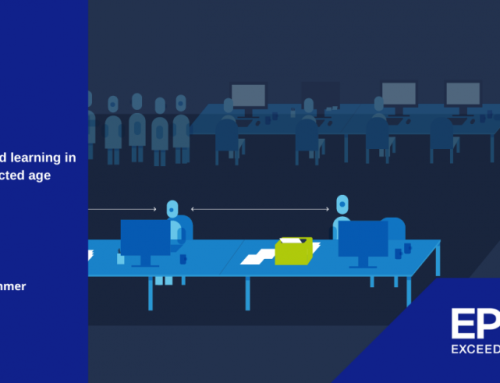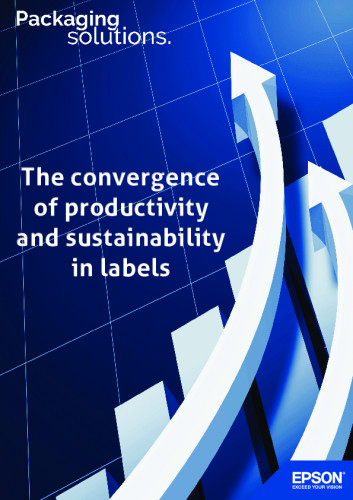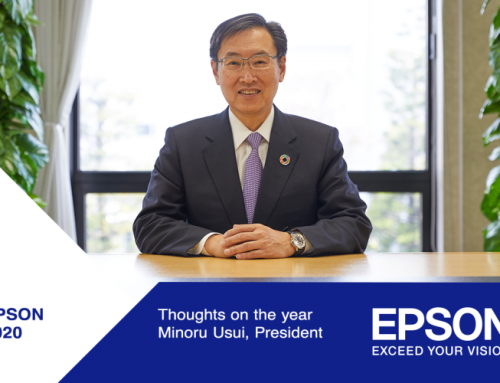Four CSR Principles I have learned from 14 years at Epson

Today, Corporate Social Responsibility (CSR) isn’t just essential to a business’s reputation; it presents huge opportunities for the triple bottom line, and can even make the difference between business failure or success. This is because CSR is so closely tied to ethics – as a business are you committed to doing things the right way, behaving correctly – and without this, people quickly lose trust in an organisation. Having been with Epson for 14 years now, I have seen first-hand how, when CSR runs deeply in the foundations of an organisation, it makes people feel proud at work, strengthens relationships between the company and its customers, and simply makes good business sense in so many ways. At a time when fake news and scandals are becoming more public and undermining trust in many organisations, it’s no wonder that CSR is becoming a more important business asset, and is rising on the corporate agenda. As such, here I would like to share four key principles that I have learned throughout my time so far at Epson:
1. Start at the core: because company culture drives mind-sets.
As individuals, as teams, and as organisations, we are the driving force behind a more sustainable corporate, and social, future. For me this means supporting innovative ideas that can make a real difference in the world – especially as society’s needs continue to change. As a hardware technology company, for Epson this means supporting product and service innovations that lead to improved quality and efficiency, while reducing environmental impact. This is why we’ve released our ‘Environmental Vision 2050’, which strives to reduce Epson CO2 emissions by 90% by 2050. I believe that organisations – big and small – have a responsibility to do what they can to reduce their environmental impact, and it is through changes to business models, and work and production processes that this can become a reality. In my career so far, I have witnessed how company culture can enable everyone within an organisation to feel empowered and play a role in supporting positive change. Ultimately it becomes a virtuous cycle that continues to promote a sustainable business culture.
2. Effective communication is vital.
Developing a sustainable organisational culture is not only a result of practical efforts, like developing more efficient products. It also has a lot to do with how effectively a company communicates those efforts, and the reasons behind them, to maintain a sense of purpose and commitment as people go about their daily work in an organisation. Since people are at the centre of any organisation, it is essential that the right messages are being communicated and received consistently, because this will determine individual and group behaviour. In global companies like Epson, where teams are spread across continents, it isn’t always easy to maintain a shared vision, values, and set of behaviours, but one way that we’ve been reinforcing our core values to all of our people for more than 10 years now is through our ‘Principles of Corporate Behaviour’. Group-wide we are all expected to live up to the clear vision that we’ve set for ourselves, and it is a reminder of our commitment to our colleagues and to society.
3. Change takes time. Effective change takes commitment.
Developing new sustainable business principles to achieve effective change within an organisation is not something that can be done overnight – its takes effort, commitment and patience – anyone who has tried will attest to this! In addition, for real lasting impact, goals should be incorporated company-wide. The entire organisation should be working together towards a shared purpose. This has been my experience at Epson as our approach is based on the tradition of CSR in Japan, where new principles must be incorporated into the entire value chain of a business, as opposed to one detached part or process. Our management philosophy, which combines people, practices and the planet, has been in place for many years, and I can’t imagine this kind of deeply rooted approach being introduced with any kind of short-cut being taken. As a result of years of character building, it has become part of Epson’s DNA as a company to be constantly striving to develop compact, efficient, precision technologies which enable other businesses to reduce their own environmental impact.
4. “Be the change you want to see in the world”
Whilst it takes the commitment of the whole organisation for a company’s CSR efforts to succeed, strong leadership by individuals is required to drive it all forward. Acknowledging the influence you may have within a company – regardless of your function or title – is the first step to leading by example. An inspired individual can create a groundswell of enthusiasm and support for change – they can influence and inspire others. By generating enough support on CSR issues at Epson, we’ve created a dedicated Sustainability Taskforce, and demonstrated the importance of integrating sustainability into decisions at all levels of the organisation. As CSR Director for Epson Europe, I am able to use my leadership role to influence effective change initiatives. But the actions of employees throughout the entire organisation are just as important. Company-wide harmony on CSR issues relies on building trust on the inside. Only then can trust be built on the outside, allowing an organization to play a bigger role in creating a better world.
Over the past year in my role as CSR Director, these four principles have guided me more steadily than ever. But my philosophy and approach to CSR has no doubt been formed over the many years I’ve been working with Epson. I’ve spent this time learning from a global technology company that has a strong CSR tradition, rooted in its Japanese heritage – and Japan has always cultivated the practice of prioritising people over profits. It is clear to me that many of Epson’s successes can be attributed to the Japanese philosophy of Monozukuri – a unique Japanese manufacturing style that fosters lean production techniques. I strongly believe these methods have allowed the CSR culture to thrive at Epson. When there is a need for change within an organisation, there will always be challenges to overcome. However, I believe that if we stick to solid principles and remind ourselves that CSR isn’t just about how an organisation is viewed from the outside, but at its core it is about good business ethics, we can face any challenge with the confidence and enthusiasm to succeed.



